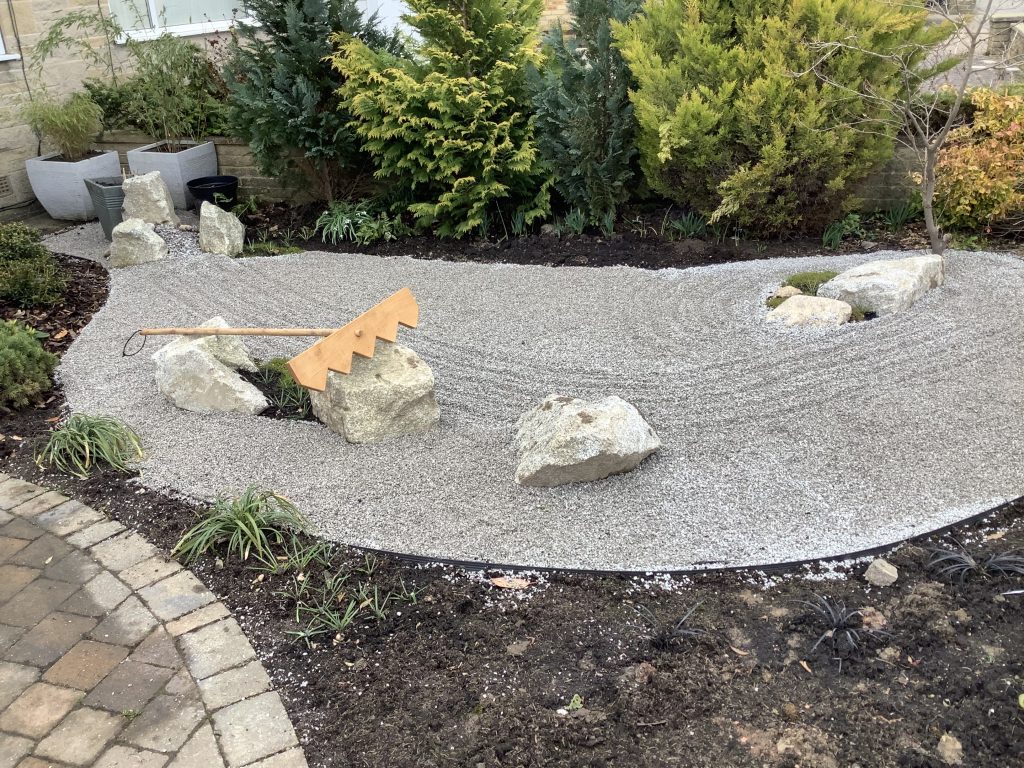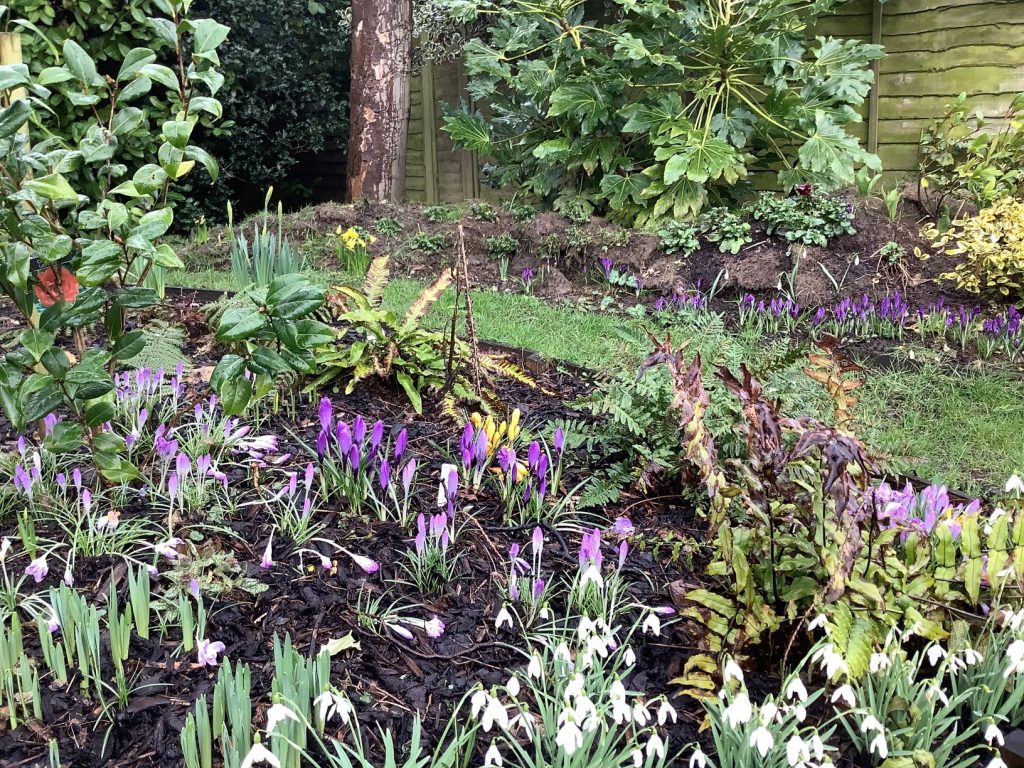That’s a possibly depressing title, but I’m really thinking about the twice a year changing of the clocks that’s happening in the UK this weekend.
Well, I’m assuming it’s happening North of the Border too, though it would seem to be an ideal candidate for the Scottish Government to strike a pose about – perhaps changing the date of the Equinox which it relates to, because the sun revolves around Scotland rather than England?
Maybe the Scots might consider making a half hour modification, rather than the full hour forward that the rest of the UK is going to do. I suppose, though, that this might produce a rash of amusing jokes about ‘having to put your clocks back when visiting Scotland, but hey ho!
I seem to recall that farmers in Northern Scotland didn’t like having to abide by the current rule, because they had to have their breakfast and their tea in the darkness, what with them being closer to the North Pole than the rest of the UK.
Well, personally I find this clock changing stuff very confusing. I know it’s only a couple of times of the year, and once it’s done it’s done – but one of the delights of living a long life is the ability, or even requirement, to be annoyed and confused – and happily register those thoughts.
The first dilemma is whether to put clocks forward or back. I have now learnt the mantra ‘Spring forward, Fall Back’, so this has now ceased to be a real problem.
Another issue is when you wake up on the Sunday after the clocks have changed, it’s difficult to know the real time because;
you’ve remembered to change some clocks (but which ones?),
others have changed automatically (how clever!) and
some clocks you’ve forgotten all about.
For some reason the clock in the car is usually a problem for a few days – though I’m sure that somewhere in ‘The Settings’ there’s a way of automating this.
I have given up on the cooker and the microwave, because every time there’s a brief power outage they need resetting, and it’s very complicated…
A final thing for me is my daily contact using Facetime with my sister in Western Australia. They don’t change their clocks at all, but if our clocks go forward an hour, does that mean she will have to ring me an hour earlier (for her) to keep the call at the same time for me? Or perhaps it’s an hour later?
Answers on a postcard please!


